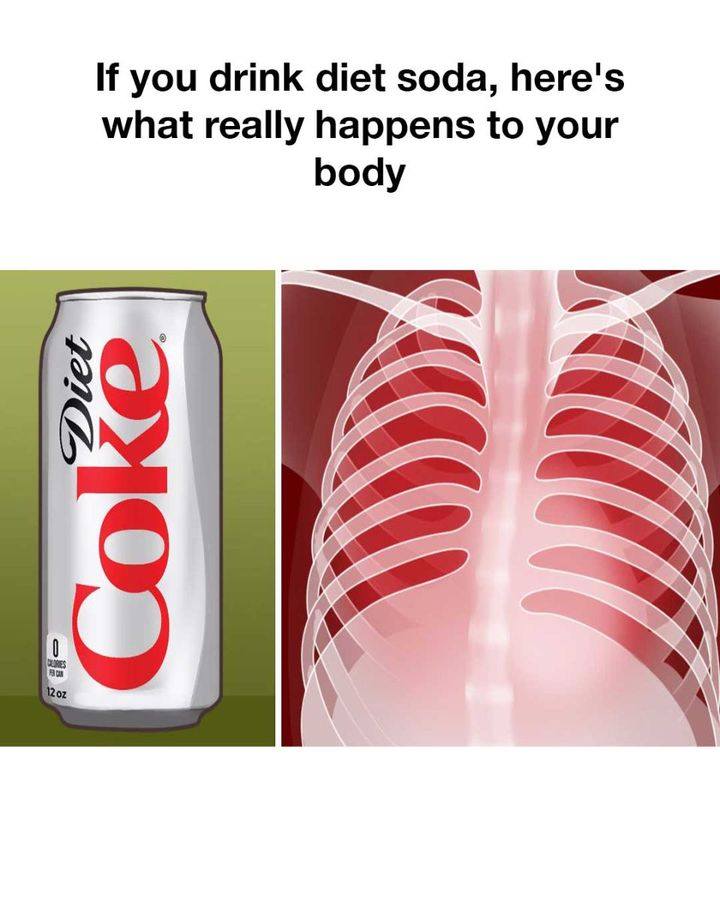It’s easy to see why people drink diet soda – it’s refreshing, it tastes nearly as good as the real thing and it satisfies our sugar cravings, without all those pesky calories. This billion-dollar industry has been deemed safe by government authorities, so what could be wrong with reaching for that diet soda every now and then?
Here’s why: diet soda has a number of negative effects on your body. Aspartame, cyclamate, saccharin (a derivative of tar), acesulfame-k or sucralose are all chemical sweeteners found in diet soda that are hundreds of times sweeter than normal table sugar, and what they do to our bodies is totally counter-productive to the reason most of us drink diet soda: to avoid sugar and keep our weight down. There are many reasons why diet soda is just as bad as regular soda, but here are 10 that’ll make you put that drink down right away.
1) Your body doesn’t know it’s artificial.
When we ingest these artificial sweeteners we may not be taking in all the calories of real sugar, but our bodies react in the same way. They trigger insulin, sending our bodies into fat storage mode, and guess what that results in? Weight gain. Studies over a ten year period showed that participants who drank diet soda had a 70% greater increase in waist circumference than those who didn’t, and those who drank two or more per day had a staggering 500% greater increase. That’s a huge amount of weight gain for a product that includes “diet” in its name.
2) It is bad for your blood vessels.
A number of doctors were asked for their opinion on diet soda, and while all agreed that we need to reduce our sugar intake, one physician from Colombia University said that diet soda is no better for you than regular soda. He referred to a study which associated drinking diet soda with an increased risk of strokes, heart attacks, and other blood vessel diseases.
3) We don’t know the long-term effects.
An epidemiologist from the University of Texas states that individuals differ greatly in their reactions to artificial sweeteners and that the potential for irreversible cumulative effects cannot be ignored. She equates our ignorance about diet sodas with being “in the middle of a large-scale experiment” which includes “pouring large volumes of artificial chemicals into our bodies day after day.” As she rightly points out, how could there not be any consequences from that?
4) Diet soda is linked to depression.
continued on next page
